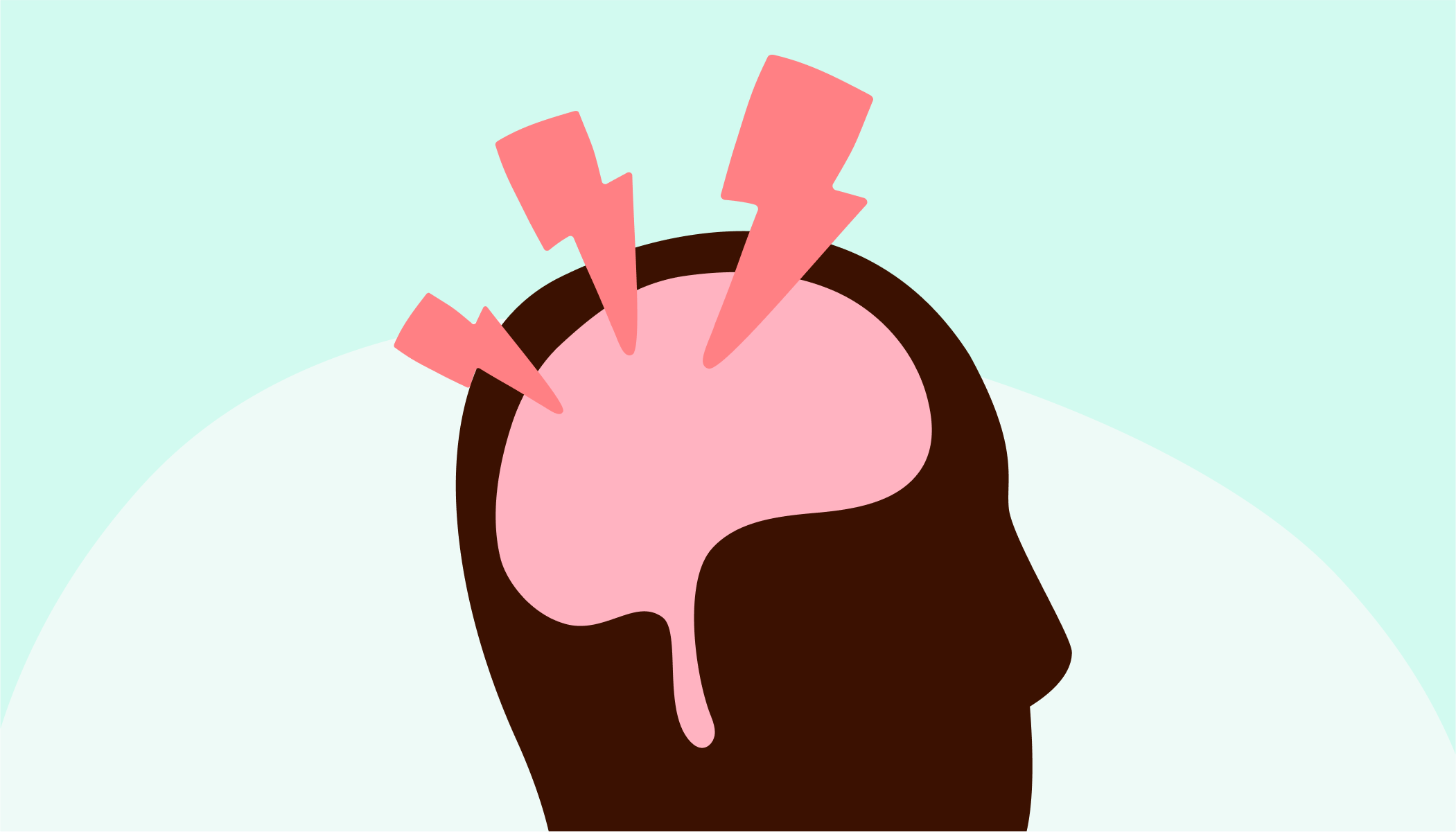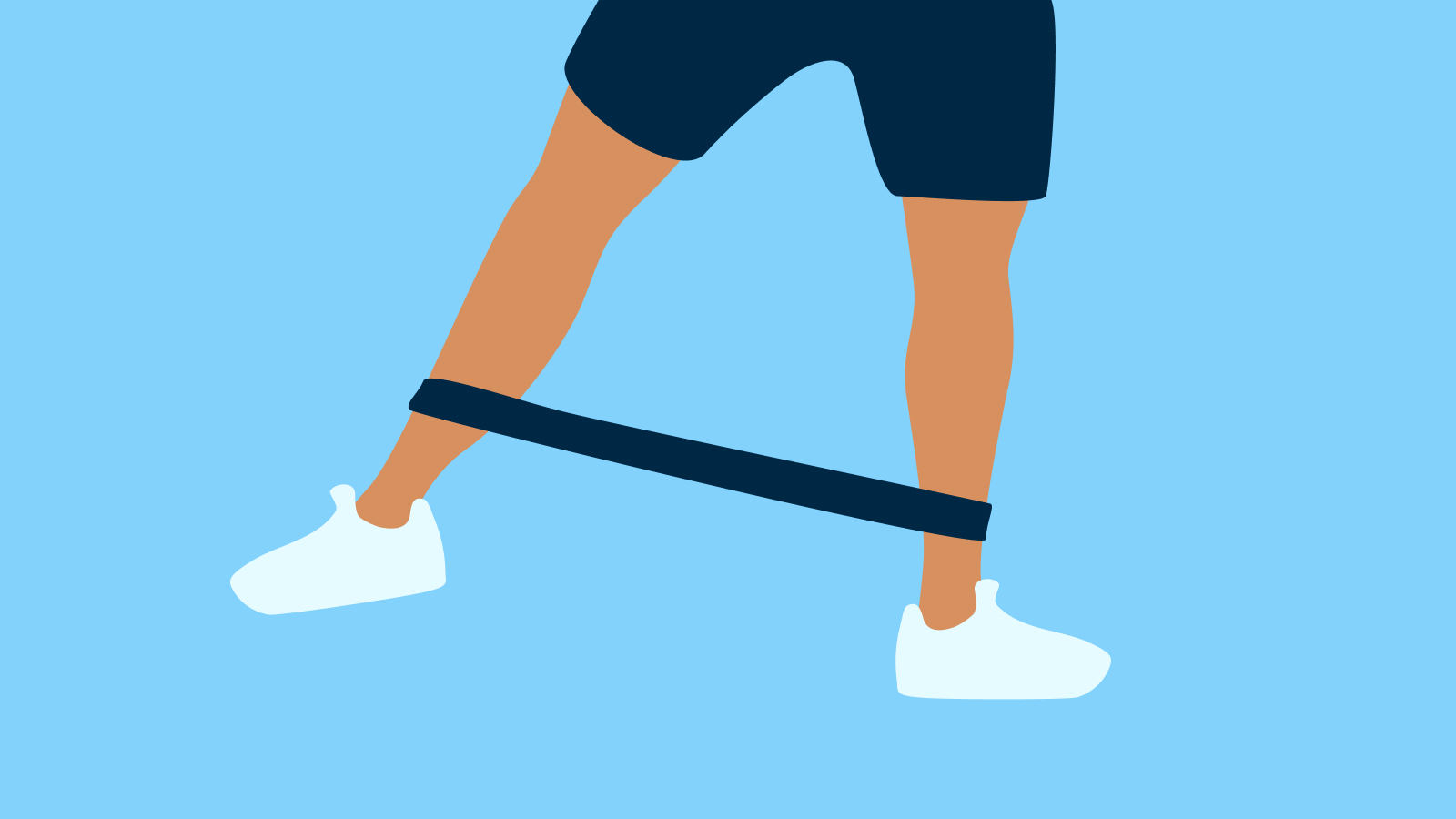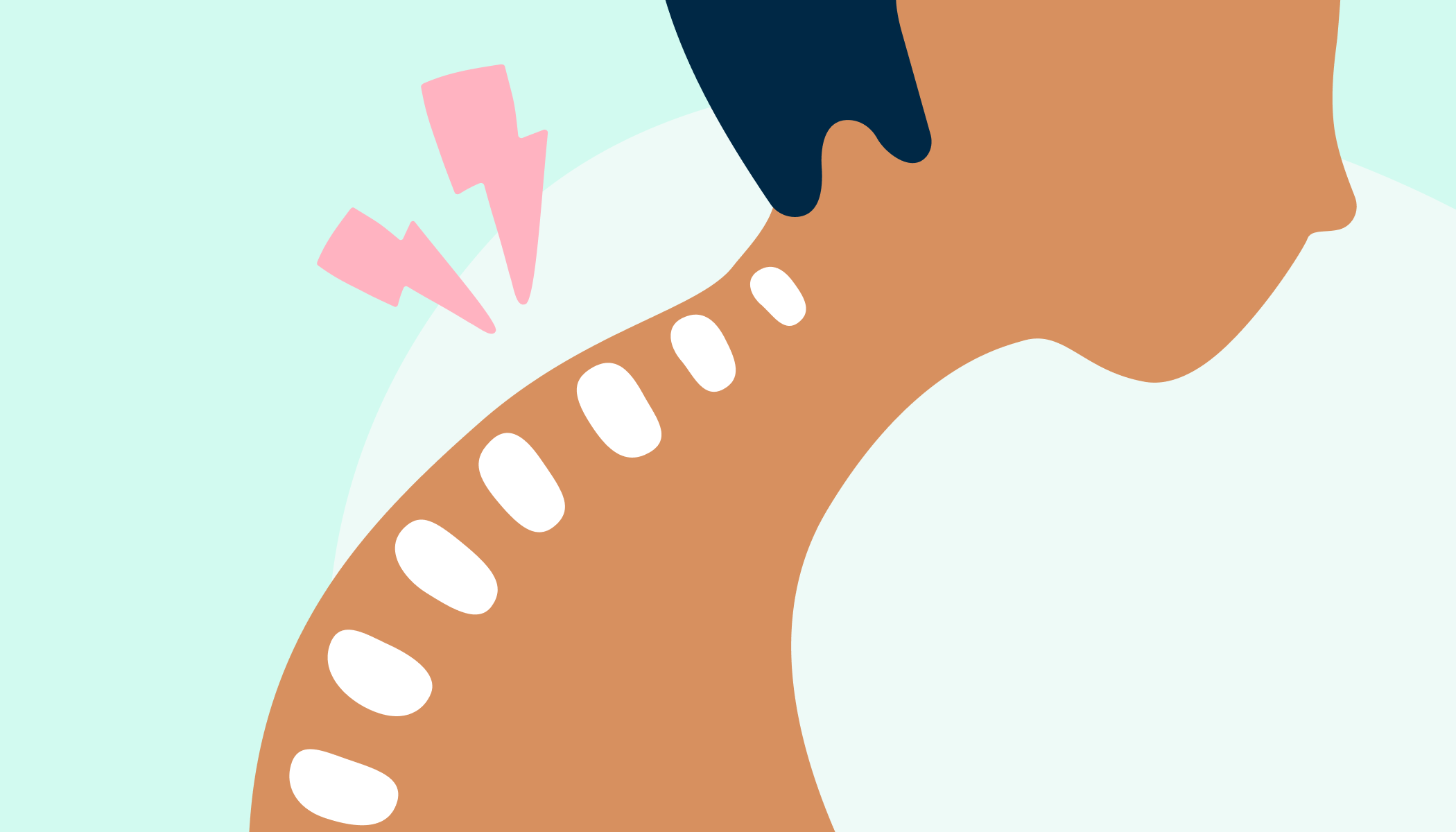Quick facts
- Headaches can be a key sign of high blood pressure
- Hormonal headaches or migraines are common in women
- Caffeine withdrawal or the overuse of painkillers can also be causes
If you suffer with regular headaches, you’re not alone. Around 50%-75% of us will have had a headache at least once in the past year. Most headaches are nothing to worry about, and once you’ve identified their types and triggers, it’s usually easy to prevent or treat them at home. ‘But always speak with a doctor if your headaches don’t improve, if you’re worried and want more information, or if your headaches are so severe they’re interfering with your daily life,’ says Dr Rhianna McClymont, Lead GP at Livi.
Here’s a guide to the common types of headaches and what you can do about them.
1. Tension headache
How it feels You’ll have a mild to moderate pain on both sides of your head and the muscles in your neck may also feel tight, possibly with pressure behind your eyes.
What causes tension headaches? Stress, poor posture, squinting, screen overuse, tiredness, dehydration, missing meals, lack of physical activity, bright sunlight, noise and certain smells.
What you can do ‘Tension headaches are usually relieved by over-the-counter painkillers,’ says Dr McClymont. ‘But, making lifestyle changes can help to prevent them. Anything that reduces stress such as yoga, meditation, massage or exercise can help.’ Make sure you take screen breaks, eat regularly and drink plenty of water throughout the day too.
The National Institute of Health and Care Excellence (NICE) recommends that a course of up to 10 sessions of acupuncture over a 5-8 week period may be beneficial in reducing chronic, tension-type headaches.
2. Cluster headache
How it feels These come on suddenly and the pain is severe, usually a sharp, piercing or burning sensation on one side of your head. Cluster headaches are more common in men. The pain is often felt around your eye, temple, and sometimes the face. There may be one or more other symptoms too like a red, watering eye, drooping or swelling of one eyelid, a smaller pupil in one eye, a sweaty face or a blocked or runny nostril. Attacks generally last 15 minutes to 3 hours, and can occur in daily bouts lasting from 4-12 weeks.
What causes cluster headaches? It’s not known but there may be a genetic factor and smokers are more at risk. Attacks may be triggered by alcohol and strong smells such as perfume, paint or petrol.
What you can do ‘Always talk to a doctor if you think you’re experiencing cluster headaches,’ says Dr McClymont. ‘These often require specialist treatment with a neurologist.’
3. Migraine
How it feels Migraine affects 1 in 5 women and 1 in 15 men with the main symptom being a moderate or severe throbbing headache. They can also come with other symptoms like feeling sick and vomiting, disturbed vision, sensitivity to light, sound and smells. You may see flashing lights before it begins (migraine with aura) but, most commonly there are no warning signs. A silent migraine is where you see flashing lights and have other symptoms but no headache. Attacks may last from 4-72 hours.
What causes migraines? Some people are genetically predisposed to migraines. It’s thought that migraines may be the result of abnormal brain activity temporarily affecting nerve signals, chemicals and blood vessels in the brain. Possible triggers include: • emotional (for example, stress, anxiety, tension) • physical (for example, tiredness, neck and shoulder tension or low blood sugar) • dietary (for example, alcohol, dehydration or certain foods containing the compound tyramine, which is found in cured meats, smoked fish and strong and aged cheeses) • hormonal and environmental (for example, bright lights, sounds, smells) • certain medications (like hormone replacement therapy and the combined contraceptive pill).
What you can do ‘You should see a doctor if your migraines are severe or occurring frequently,’ says Dr McClymont. ‘There are various prescription treatments available for migraines that can help to alleviate symptoms or try to prevent them.’ Identifying and avoiding your triggers is also important.
4. Sinus headache
How it feels You’ll be feeling pressure or throbbing around your cheeks, eyes and forehead and may also have facial pain.
What causes sinus headaches? These are usually caused by sinusitis, a swelling of the sinuses, usually caused by infection. Other symptoms include a blocked or runny nose, reduced smell, fever, toothache, green or yellow mucus from your nose.
What you can do ‘Sinus headaches can generally be alleviated by self-care like getting plenty of rest, inhaling steam, taking painkillers and drinking lots of fluid,’ says Dr McClymont. ‘But, see a doctor if your headache has persisted for over 3 weeks as there are prescription medications that may help.’
5. Rebound headache
How it feels You may feel anything from a dull tension-like headache to more severe pain.
What causes rebound headaches? These are also known as medication overuse headaches and can happen when people regularly over-use painkillers, most commonly over-the-counter analgesics. The theory is that as the level of the drug in the blood stream begins to wear off, the headache suppressed by the medication ‘rebounds’. What’s more, as medication becomes less effective the more you use it, pain-free periods become shorter and headaches rebound with increasing frequency.
What you can do Stress reduction and making lifestyle changes to stop headaches can help. But you will need to stop the pain medication. If you need support to do this or help deciding if this is the cause of your headaches, talk to a Livi doctor.
6. Caffeine withdrawal
How it feels You have an intense, throbbing, painful headache and may also feel irritable, anxious and nauseous.
Causes If you regularly drink coffee, tea and other caffeinated drinks and then stop, you may get symptoms of caffeine withdrawal, including headaches. This is because caffeine constricts blood vessels and when you stop these widen, increasing blood flow which can trigger headaches. Other symptoms of caffeine withdrawal include anxiety, irritability, nausea and muscle aches.
What you can do These usually subside over a couple of days as the brain adapts to the change in blood flow as a result of less caffeine. If you want to reduce or give up caffeine and avoid headaches, cut down slowly over a period of 6 weeks instead of stopping it abruptly.
7. Hormonal headache
How it feels You may get moderate to severe headaches or migraines at certain times in your cycle.
Causes Many women get headaches that are caused by changes to their hormones. Menstrual migraines, for example, may occur a few days before and during your period, due to the drop in oestrogen. The hormonal changes that occur as you approach menopause or in the first few weeks of pregnancy can also trigger headaches.
What you can do Keep a diary to help you track your headaches and where they occur in your cycle, for example before a period. Lifestyle changes such as keeping blood sugar levels balanced with regular meals containing healthy proteins and complex carbohydrates, stress reduction and regular exercise can all help to balance hormones. Always talk to your doctor if you think any hormone medication like the contraceptive pill is making things worse.
8. Hypertension headache
How it feels You usually feel a pulsing, throbbing pain on both sides of the head.
What causes hypertension? Most people are unaware that they have high blood pressure, because they have no obvious symptoms. But headaches can be a sign of high blood pressure. There may also be other symptoms like nausea, vomiting, fatigue, confusion and nosebleeds. The ideal blood pressure is considered to be between 90/60 mmHg to 120/80 mmHg. Anything above 140/90 mmHg is considered too high and can be a contributing factor to heart disease and stroke risk.
What you can do ‘A hypertension headache needs treatment for the underlying high blood pressure,’ says Dr McClymont. Lifestyle changes such as weight loss, moderate exercise, reducing stress levels and improving your diet can all help. But if blood pressure is too high your doctor will prescribe medication. Talk to a doctor if you think you’re getting hypertension headaches.
9. Exertional headache
How it feels You’ll feel moderate to severe throbbing pain that starts during or after strenuous exercise.
What causes exertional headaches? Forms of exertion that may trigger these headaches include running, bending and lifting as well as coughing, sneezing and even having sex.
What you can do ‘A new exertional headache may, in some cases, be a sign of an underlying problem in the brain,’ says Dr McClymont. ‘So, if you start experiencing exertional headaches, particularly if you have never had them before, see a doctor for an examination.’
Are there any types of headache to worry about?
Dr McClymont advises that you always consult a doctor:
- For any new headache that has been persistently present for a few weeks without improvement, or that is severe and interfering with your daily life
- If you have a headache that wakes you in the middle of the night, gets worse when you’re lying down, makes you vomit, or occurs when you’re coughing or straining
You should seek emergency care for:
- A sudden headache that is accompanied by neurological problems (like weakness in your arm or leg or double vision), or by signs of infection (like a very high temperature with a new rash)
- A very sudden, extremely severe headache (often described as a ‘thunderclap’), as a sudden bleed in the brain can cause this type of headache



